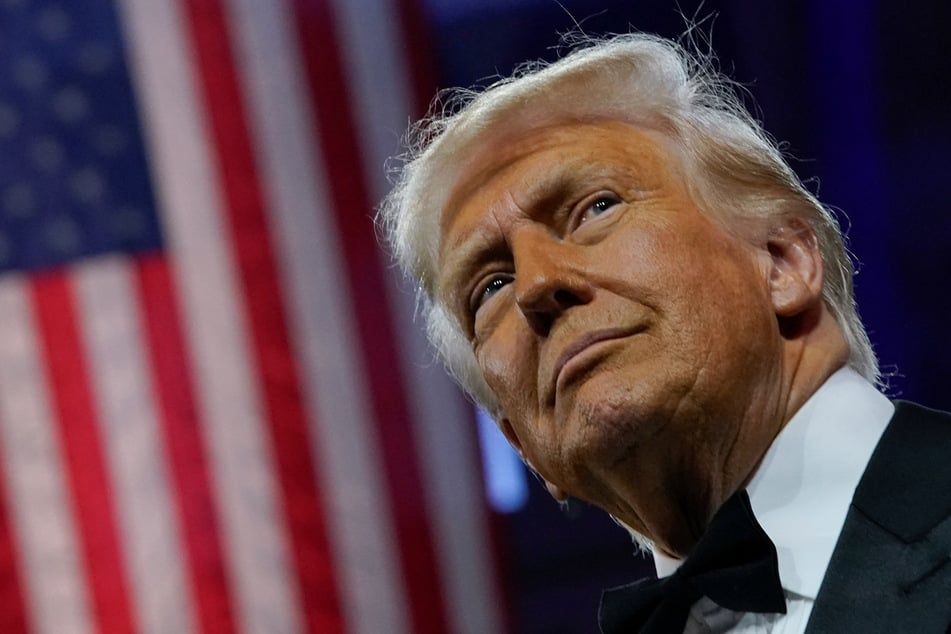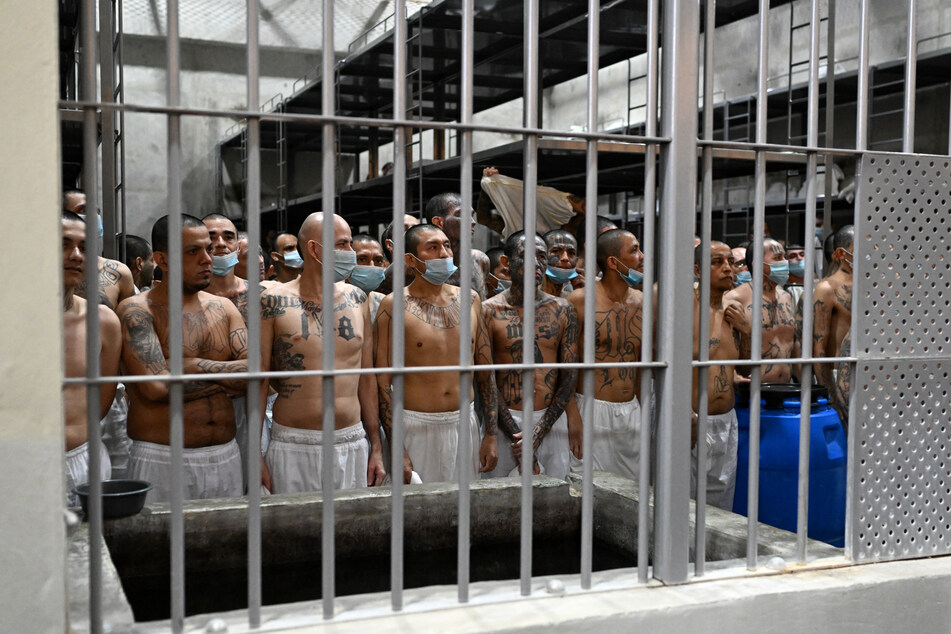Federal judges step in to halt Trump's mass deportations under wartime law
Washington DC - Federal judges in New York and Texas temporarily blocked the Trump administration on Wednesday from deporting alleged Venezuelan gang members without a court hearing.

The Supreme Court on Monday lifted a lower court order barring the deportation of undocumented Venezuelan migrants using the 1798 Alien Enemies Act (AEA), but said they must first be given an opportunity to legally challenge their removal.
The New York and Texas cases were the first to appear before the federal courts since the ruling by the Supreme Court on the use of the AEA to deport alleged members of the Venezuelan gang Tren de Aragua.
President Donald Trump invoked the AEA, which has only previously been used during the War of 1812, World War I, and World War II, to round up alleged Tren de Aragua members and summarily expel them last month to a maximum security prison in El Salvador.
The White House alleges that Tren de Aragua is closely linked to the government of Venezuelan President Nicolas Maduro and is "perpetrating an invasion" of the US.
Attorneys for several of the deported Venezuelans have said their clients were not members of Tren de Aragua, had committed no crimes, and were targeted largely on the basis of their tattoos.
New York and Texas judges rule against Trump's use of Alien Enemies Act

In New York, District Judge Alvin Hellerstein, an appointee of President Bill Clinton, issued a temporary restraining order barring the deportation of two Venezuelan men, identified only by their initials, until they receive a court hearing.
In Texas, District Judge Fernando Rodriguez, a Trump appointee, issued a similar temporary restraining order in a case brought by three Venezuelans also identified only by their initials.
In his order, Rodriguez noted that the Supreme Court had ruled that anyone subject to removal under the AEA must first receive notice and an opportunity to appear in court.
The immediate removal of the three individuals would cause them "irreparable injury," the judge said, and if they were "erroneously removed," it was unlikely they could be returned to the US.
Cover photo: REUTERS
